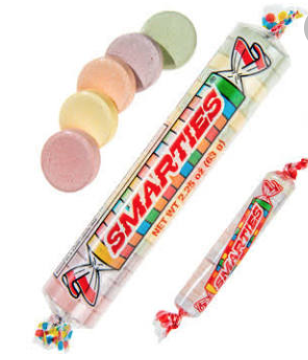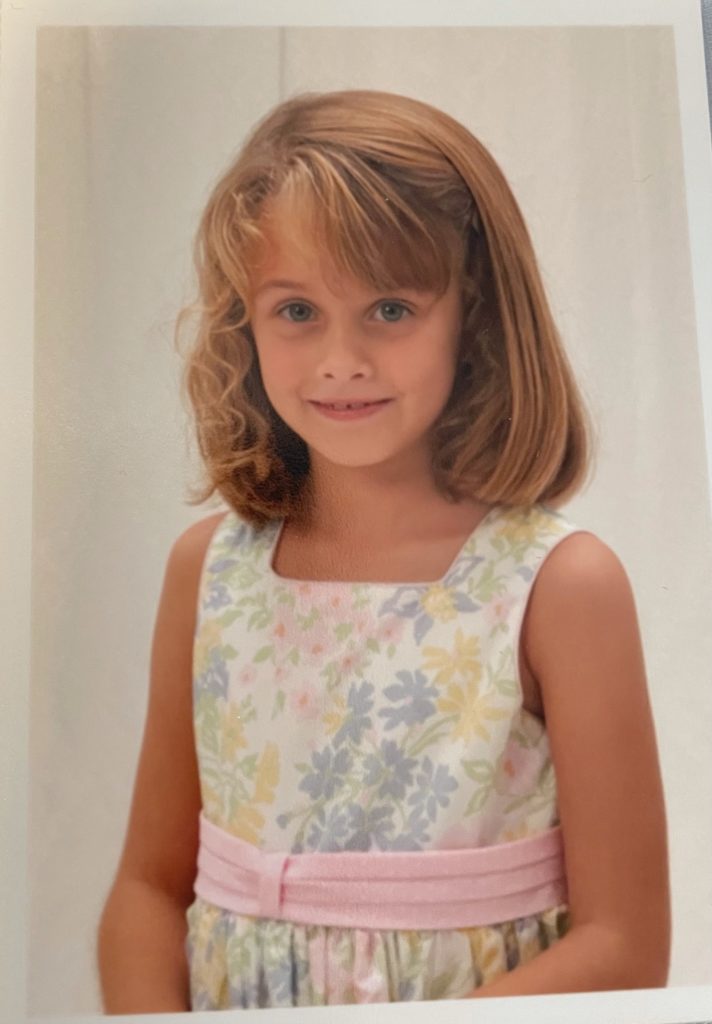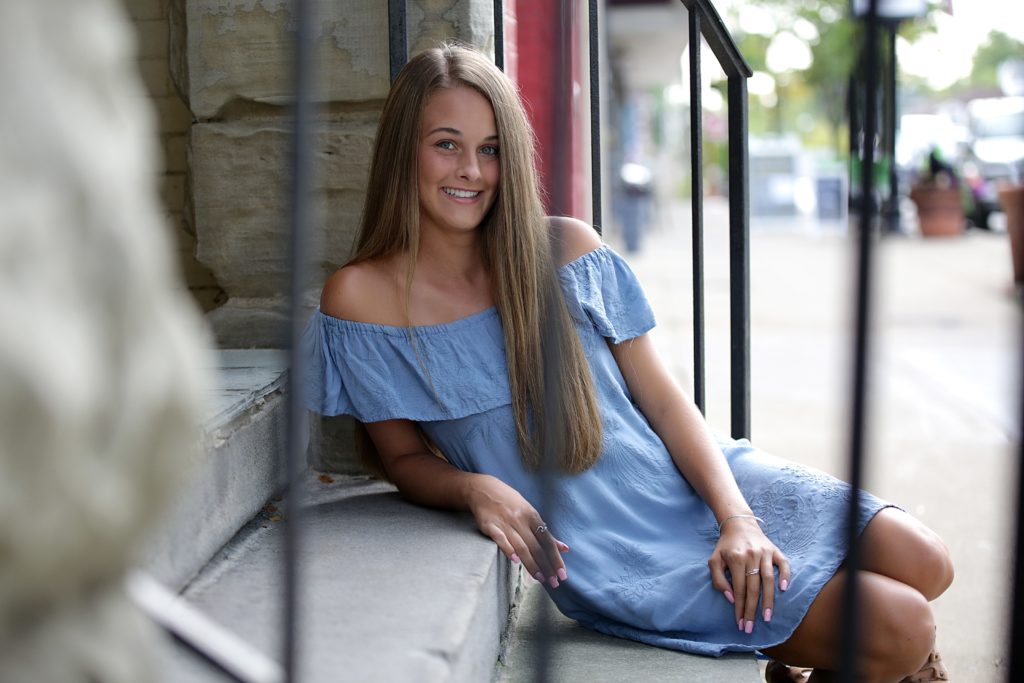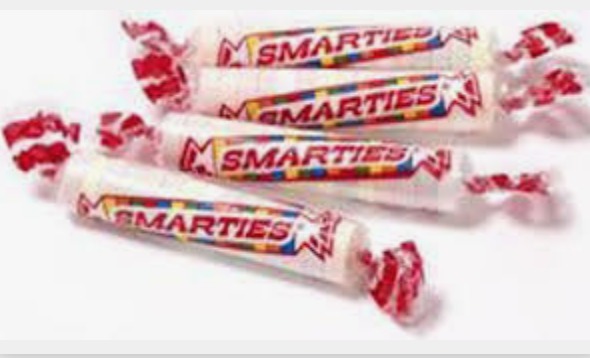
Today, I bring you sage words of wisdom from one of my students in the form of a conversation we had several weeks ago. I have known this lovely young girl since she was a struggling first grader. When I first met Jordyn, she arrived on the doorstep of my office as pretty much a non-reader. Jordyn simply “made up the words” using appropriate syntax (word order) when attempting to decode a short first grade passage. I had never encountered such an approach and have never encountered one since that time so many years ago. It surely was a unique way to ‘read’.
I am proud to say that today, she is about to become a successful high school graduate on her way to Bowling Green State University in northwest Ohio this fall. Jordyn is an active participant in her school’s extracurricular activities, serving on Student Council for many years, a Varsity Tennis Team member, and volunteer helping other children with disabilities. She also holds a part time job. I want to add that Jordyn has dealt with the various forms of ‘school’, the college application process, and the overall hand that the pandemic has dealt her with good spirit. You go, girl!
Lori Josephson (LJ): Do you remember when you learned to read? Or when you realized you “couldn’t read”?
Jordyn R. (JR): I learned to read from tutoring; not that much from school. I learned the letter names, but not the sounds that went with them. I did learn some little words that I memorized, but I could not spell at all. I felt that I really learned to read more easily with better fluency some time in late elementary school. It happened when I really learned and understood about suffixes [word endings such as: -ment, -ly, -ness, -able, etc.]. That really changed how I viewed words and helped me a lot.
LJ: How so?
JR: It helped me in a couple of ways. It helped me to be less overwhelmed when I encountered a longer word, so I stopped guessing. I could ‘take off’ the suffix’ and read the rest of the word more easily.
LJ: What memories stick out to you from kindergarten and first grade?
JR: Other kids taunted me. They said things like, “Can’t you read?”

LJ: What happened as you saw other kids’ reading continue to improve and your reading did not?
JR: I always felt ‘behind’. I felt like I was always in a rush and couldn’t catch up. Other school subjects were a little better and I didn’t feel as far behind. I knew I had a reading problem, but I really didn’t understand the full reason why I couldn’t read. I understand now and I have understood for a while now since you explained how the brain learns to read and what happens (or doesn’t happen) in the brain when you have dyslexia.
LJ: How about in middle school; how did you feel?
JR: I still felt ‘behind’; I was always trying to play “catch up.” I had such a hard time syllabicating longer words and being a slow reader crept into other subjects like social studies, science, and math. All of these subjects involve reading more than in elementary school. I had to go to a class called “Reading 180”. It was supposed to help me, but I hated it and I don’t think it helped me at all. [Reading 180 is a computer led program designed to improve reading comprehension and was likely not appropriate as an instructional or remedial tool to meet Jordyn’s needs].
LJ: How about now as you look back on high school. Have your feelings changed?
JR: My mom had to help me with my homework every night until around when I became a sophomore in high school. I finally could do my work independently nearly all of the time and I knew when I needed help with an assignment more easily. And I am glad to ask for help if I need it. My IEP was changed so that I only met with my Intervention Specialist once a week, but I did not get any special instruction from my Intervention Specialist. I could read all of my tests on my own by that point. I just continued to use extra time when taking tests.
LJ: What are/were some of the secondary effects of having dyslexia?
JR: It definitely affected my self-esteem. I didn’t feel as ‘smart’ as other kids. When I was in first grade, I used to eat Smarties before I went to school because I thought they would make me, well, ‘smarter’! By the time I was in high school, I didn’t want to be in a ‘co-taught’ class anymore; I wasn’t like the other kids in those classes. They still couldn’t read well and didn’t seem to care too much about school. I didn’t think those classes were helping me learn. My self-esteem is so much better now.
LJ: Tell me about a story or book that changed you.
JR: My mom read Wonder to me when I was in 6th grade. It’s about a kid who has a disability who did not have any friends and was treated differently than the other kids. He later found some friends and was proud despite his disability. I couldn’t wait to see the movie too. Now, my favorite book is Michelle Obama’s Becoming. I see that all of us have challenges and it is up to us to overcome them.
LJ: Talk with me about your ‘successes’ and ‘challenges’.
JR: Just how far I’ve come–that’s my success. For challenges, I’d say just ‘learning’ and dealing with ‘everything about dyslexia that shapes my learning–but it is also my strength’. I also feel that ‘getting my brain and my mind to change so that I could get my brain to read’ was a big challenge. Even now, some of my friends say, “You can’t spell ____?” It doesn’t bother me anymore because I just remind or tell them I have dyslexia.
LJ: Tell me about what you think are your ‘strengths’ and ‘weaknesses’.
JR: I think I am a good listener, I am outgoing–I won my Tennis Team’s “Most Spirited Award and I enjoy helping others; people often come to me for advice. I am dedicated and hard-working, and I am not afraid of asking for help when I need it. As for my weaknesses, I am sometimes not patient enough and I sometimes have a hard time making decisions. I feel like I should participate more in class than I do. I am still afraid of ‘being wrong’ so I stay quieter than I should.

LJ: What do you consider to be your ‘high and low’ points of your educational experiences so far?
JR: My highest point was learning to read and being to high school. When I was younger like in fifth grade, I thought, “I won’t make it to high school and now I’m a senior and I’m proud of myself.” I am able to read the NY TImes pretty easily and the day I received my acceptance letters to college was especially great. As one can imagine, the beginning of school was my lowest point. I didn’t “understand” (air quotes used) what was going on and I didn’t understand why I didn’t understand.
LJ: Your brother is only 1 year younger than you are–he does not have dyslexia. How did you manage this?
JR: It has been difficult, but it is better now. I always felt it wasn’t fair—he he was in the basement playing video games while I was upstairs studying. He nearly always got an easy ‘A’ without doing much work, while I put in all this work and maybe get a ‘B’. I’m the older sister and I should be doing better than he does. Now…I’ve resolved it, but it was hard in elementary and middle school.
LJ: What is your favorite book?
JR: The Giver. It was interesting and a good story line. And it was challenging to read, but I could read it.
LJ: How did you parents help you?
JR: My mom helped me every day with my homework and with studying. My dad has dyslexia too. He was more of an emotional helper and self-esteem builder. My dad could relate to my struggles and show me what worked for him–like using color coded notes. He always said this: “Dyslexia is not bad. Take it and use it and go with it.”

I think Jordyn’s dad’s words are wise indeed. Jordyn doesn’t eat Smarties anymore. She relies on her well developed reasoning and language skills now. She spends leisure time being around people, enjoying family time, going boating, water skiing, and playing tennis. Pretty normal and fabulous teenager with a bright future ahead.
The secondary consequences of dyslexia are real. Jordyn is fortunate to have had two supportive parents, supportive teachers, school accommodations, as well as early and consistent intensive remediation. Not all students with dyslexia are as fortunate. Getting support and hep is truly a game changer. Anxiety, fatigue, and depression are often secondary consequences of having dyslexia. Let’s minimize these consequences as much as possible. How to do this?
1-We need to educate parents, teachers, administrators, and school personnel about dyslexia.
2-We need to provide all students with a curriculum based upon the Science of Reading
3-We need to provide more intensive early intervention as soon as a student exhibits signs of dyslexia.
Many thanks to Jordyn and her family for permission to share this information and photographs.
Well done Jordyn and all the adults who came alongside you! I enjoyed reading about your journey and found it particularly helpful as my daughter is just beginning her journey with dyslexia (5th grade). Thank you for sharing!
WOW what a powerful interview and what a powerful voice, Jordyn. You were so lucky to have a teacher who understood what you needed. Most teachers have not had the training that lets them understand what dyslexic students need. This must change! Thank you for your perseverence, your hard work and your willingness to share your journey with us.
Hi Michele,
Thanks for commenting!! I will share that you commented with Jordyn. I am so proud of her!!
Lori